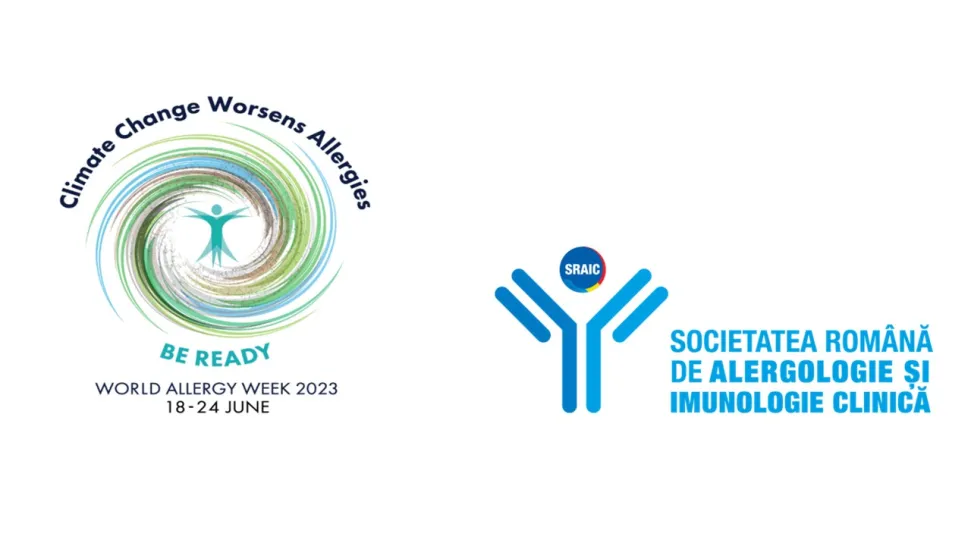
The World Allergy Organization (WAO) is an international alliance made up of 108 regional and national organizations focused on allergies, asthma, and other related conditions, as well as immunology. By collaborating with its member societies, WAO provides a wide range of educational and informational programs, symposiums, and conferences for allergists and immunologists worldwide, and carries out initiatives related to clinical practice, service delivery, and professional development, to understand and address the challenges faced by allergists and immunologists around the world.
This year, WAO has chosen climate change and its impact on allergies as the main theme for World Allergy Week. Climate change is a global issue, affecting everyone. For our patients, the most significant consequences are increased air pollution and earlier, more intense pollen seasons – all of which can worsen allergies.
In support of its members from professional allergy and immunology societies worldwide, the World Allergy Organization (WAO) is launching World Allergy Week from June 18 to 24. People with chronic allergic diseases and asthma are particularly vulnerable to the effects of climate change
Rising temperatures, warming oceans, increasing sea levels, and the accelerated melting of glaciers are just some of the measurable effects of global warming. These are compounded by severe droughts, higher atmospheric pollution, lack of drinking water, earlier and more intense pollen seasons, major wildfires, floods, catastrophic storms, and the decline of biodiversity.
People with allergies and asthma are particularly sensitive to the effects of climate change and must frequently adapt their healthcare and aspects of their daily lives. It is equally essential for healthcare practitioners to adapt and find new approaches to managing allergies and asthma, considering the changing climate and environments.
The most common chronic diseases in humans are the allergic diseases of the respiratory system. Asthma affects over 350 million people worldwide, while allergic rhinitis affects between 10% and 50% of the population, depending on the geographic location.
Medical specialists, such as allergists and clinical immunologists, can help their patients identify triggers, prevent symptom from worsening, and maintain their quality of life amid environmental changes. They can also provide appropriate guidance to their patients and act as key decision-makers in shaping policies on how to address this growing concern.
Beyond the clinic, mitigating the effects of global warming can help prevent the onset or worsening of new allergies and symptoms. Improving air quality will reduce the burden of respiratory allergies. Protecting and expanding biodiversity can help safeguard our health. Learning about and understanding the relationship between nature and humans can improve health for everyone.
To this end, RSACI members are joining actions of utmost relevance and importance aimed at raising awareness about climate change and its impact on allergies. We are committed to empowering those who can, know, and want to contribute to finding solutions for the management of chronic allergic diseases and asthma. These conditions affect all age groups, particularly children, and stem from serious environmental problems that we must address together.
What can we do as physicians?
Help our patients understand how climate change affects their health
Identify the triggers of their symptoms
Find the best treatments and prevent symptom worsening
Support patients in maintaining their quality of life amid environmental changes
Stay up to date with the latest news: key events, industry insights, trends in medical communication, and strategic insights. Subscribe and stay connected to the pulse of the medical field.
